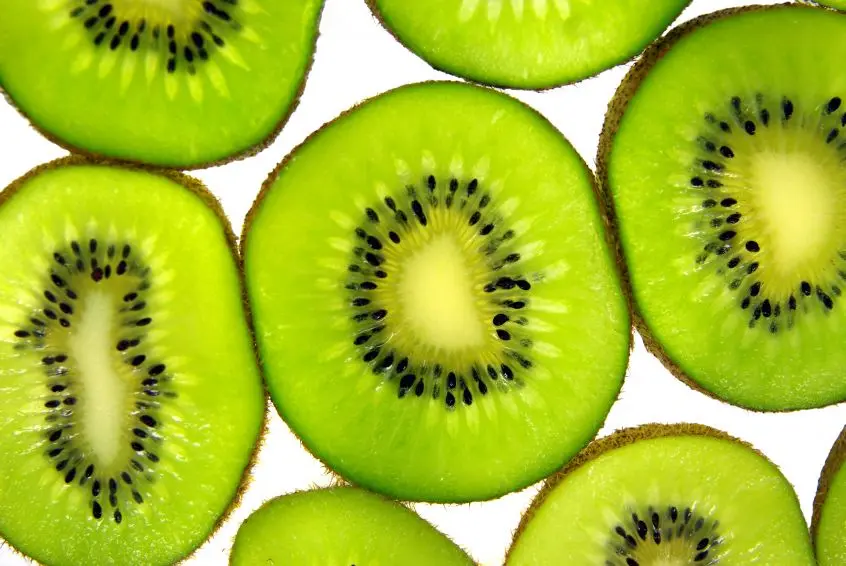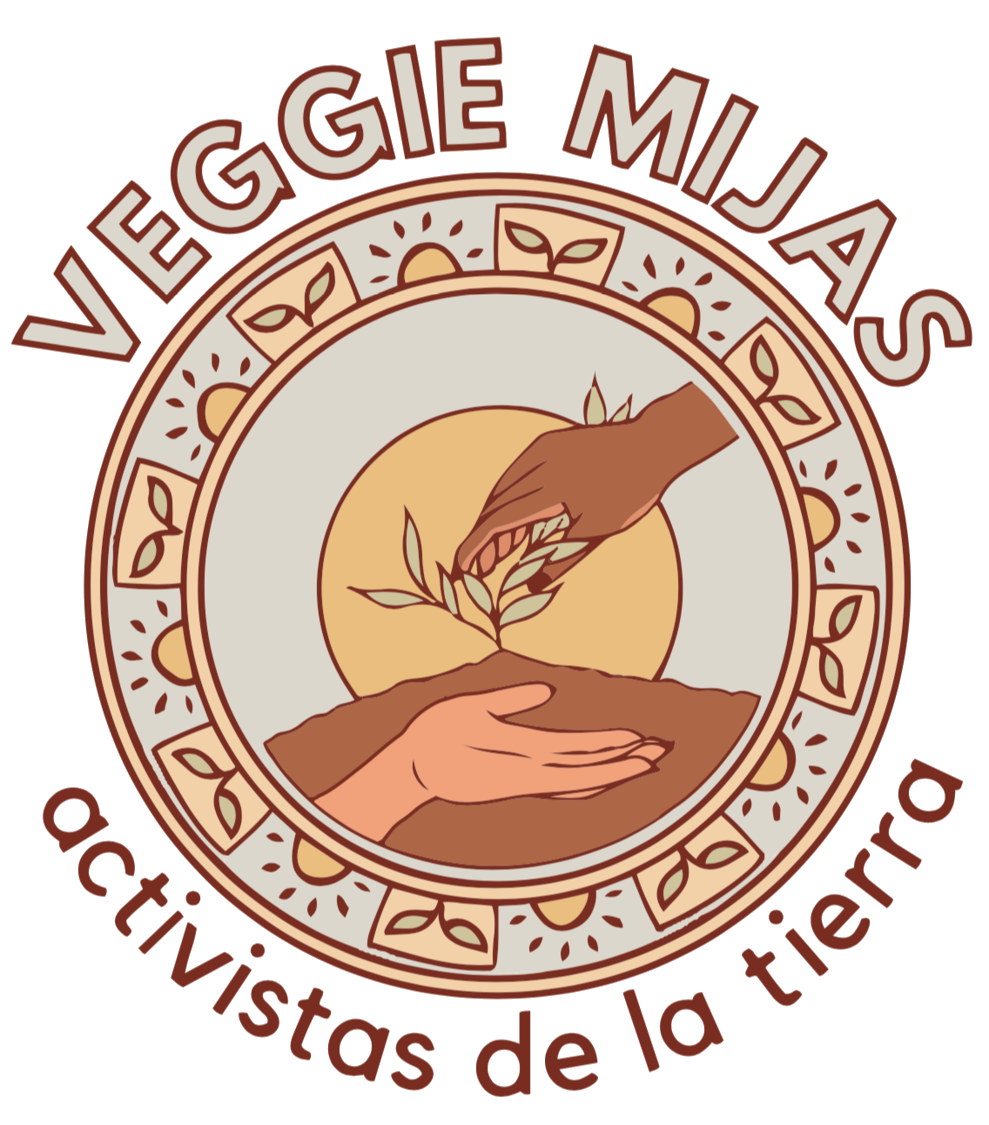Adopting a vegetarian diet has been linked to a variety of health benefits. People who follow vegetarian eating patterns often experience lower blood pressure, improved cholesterol levels, and healthier body weight. Additionally, there tends to be a reduced risk of developing Type 2 diabetes. Together, these benefits contribute to a decreased likelihood of heart disease and stroke over time.
A vegetarian way of eating focuses on plant-based foods while deliberately avoiding meat. In contrast, a vegan diet goes a step further by excluding all animal-derived products. This includes not only meat but also dairy, eggs, and often other items such as honey and gelatin, depending on individual choices and values.

With thoughtful planning, both vegetarian and vegan diets can be suitable for people of all ages, including children and older adults. These eating patterns not only meet nutritional needs but may also offer extra health advantages. Compared to many diets that include meat, vegetarian diets are generally lower in total fat, saturated fat, and cholesterol. At the same time, they are often higher in beneficial nutrients like fibre, magnesium, potassium, folate, and antioxidant vitamins such as C and E.
A well-balanced vegetarian diet is entirely capable of delivering all essential nutrients. However, it does require some attention to ensure all dietary needs are met. A helpful approach to meal planning includes filling half of your plate with fruits and vegetables, one-quarter with whole grains, and the remaining quarter with plant-based proteins like lentils, beans, and tofu. Adding a small amount of unsaturated fat and choosing water to stay hydrated are also simple ways to maintain a healthy eating pattern.
Getting enough nutrients on a vegetarian or vegan diet means paying close attention to certain key elements. Some nutrients can be more challenging to obtain from plant sources, so knowing where to find them is important.
Protein
There is a wide range of plant-based foods that are rich in protein. These include soy products such as tofu, tempeh, and soy beverages, along with legumes like beans, lentils, and peas. Nuts, seeds, and their butters, such as peanut butter, are also great sources. Contrary to older beliefs, it is no longer necessary to eat complementary proteins in the same meal to ensure complete protein intake—variety throughout the day is sufficient. Eggs and milk also supply protein and come with the added benefit of providing important minerals such as zinc and iron. Whole grains like quinoa contribute modest amounts of protein along with valuable minerals.
Iron
While iron from plant sources—known as non-heme iron—is not absorbed by the body as easily as heme iron from meat, vegetarians and vegans are not at greater risk of iron deficiency if they eat a well-balanced diet. Iron absorption from plant foods can be improved by eating them alongside foods rich in vitamin C, such as oranges, strawberries, tomatoes, or bell peppers. Great vegetarian sources of iron include dark leafy greens like spinach and kale, legumes, fortified foods (check packaging labels), dried fruits such as raisins and apricots, and nutritional yeast. A salad made from romaine lettuce with slices of mandarin orange is one example of combining iron with vitamin C for better absorption.
Calcium and Vitamin D
Calcium is essential for strong, healthy bones, and vitamin D is necessary to help the body absorb calcium effectively. Some common vegetarian sources of calcium include dairy products, sesame seeds, almonds, and dark green vegetables like broccoli, kale, and bok choy. Calcium can also be found in fortified plant-based beverages such as soy, almond, and rice milk, as well as tofu made with calcium sulfate and even blackstrap molasses.
Vitamin D is added to many dairy and plant-based beverages, margarine, and some yogurts. Although the body can produce vitamin D when exposed to sunlight, this is often insufficient in colder climates or during the winter months. Because of this, fortified foods or supplements can be important, especially for young children, elderly adults, and anyone with limited sun exposure. For adults over the age of 50, a daily vitamin D supplement of 400 IU is often recommended to help meet their needs.
Vitamin B12
This nutrient is essential for healthy red blood cells and proper nerve function. Because it is naturally found only in animal products, vegetarians and especially vegans need to find reliable sources of B12 in their diet. Fortified foods like breakfast cereals, soy and rice drinks, and some nutritional yeasts can provide B12, but it’s important to check labels to confirm the presence of this vitamin. If there’s any doubt about B12 intake, speaking to a healthcare provider about whether a supplement is necessary is a smart step.
With attention to variety and proper meal planning, vegetarian diets can be both nutritionally complete and offer significant health benefits. Would you like a version of this tailored for beginners just starting a vegetarian diet?

